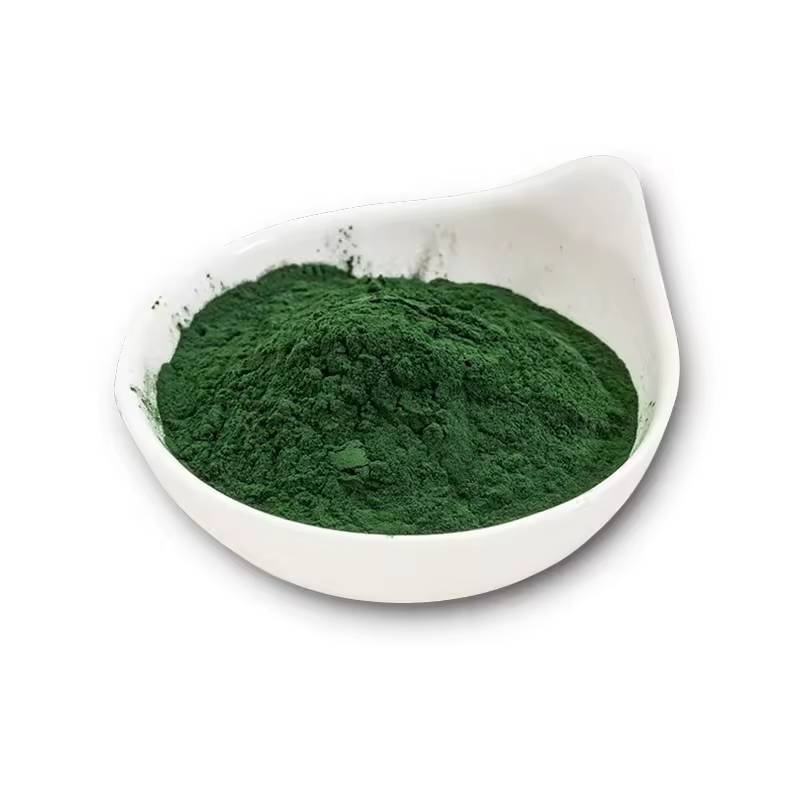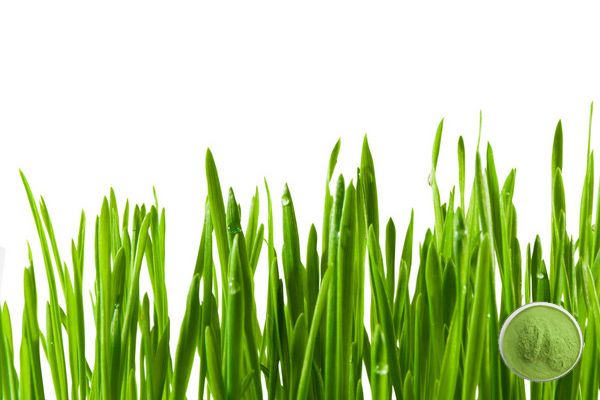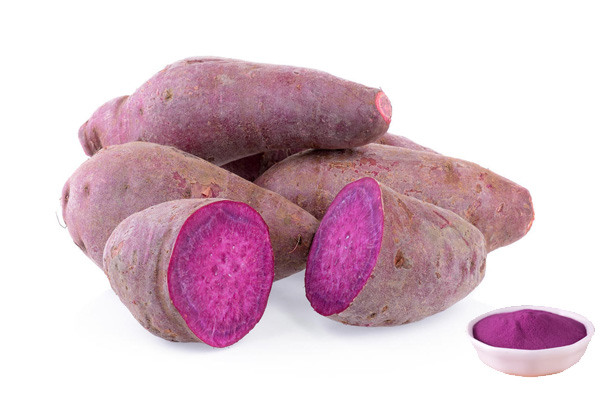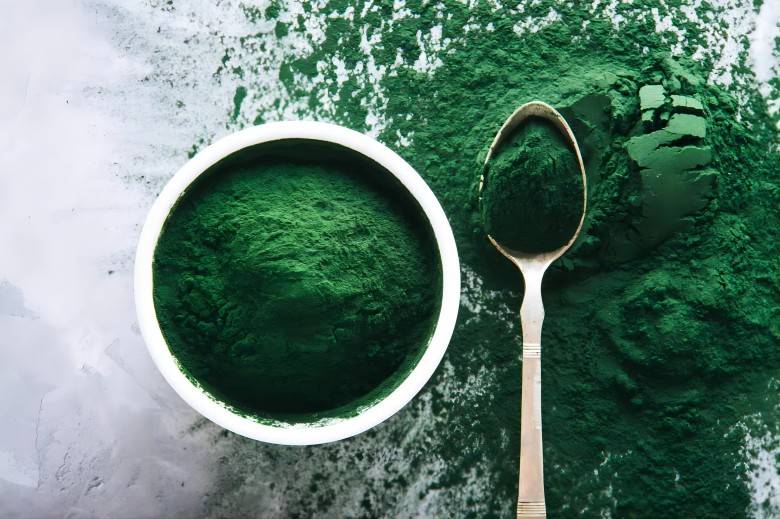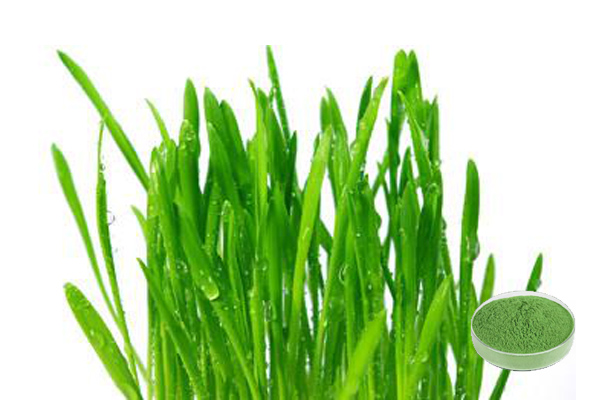Espirulina en polvo de grado de alimentación 55% de proteína
Principios activos: proteínas
Ensayo :55%
Método de ensayo: determinación de Kjeldahl
Aspecto: polvo fino de color verde oscuro
Residuos de plaguicidas: cumplir con la norma (CE) n º 396/2005
- descripción
- Hoja de datos
- Certificado de certificado
-
¿Cuál es el alimento de grado espirulina en polvo?
Espirulina es el alimento verde natural más completo y bien balancecon la nutrición más completa que la humanidad jamás haya encontrado en el mundo natural. Su contenido proteico es tan alto como 65% o más y contiene todo tipo de aminoácidos requeridos por el cuerpo humano, y la proporción es razonable, el más adecuado para que el cuerpo humano absorba y utilice, que incluye 9 tipos de ácido aminobenzoico esenciales para el cuerpo humano y no pueden ser sintetizados por el cuerpo humano, y su contenido es casi el mismo que el estándar ideal estipulado por las naciones Unidas. También es rico en una variedad de vitaminas, minerales y clorofila, y fuente de azul y otras sustancias biológicamente activas.
La tecnología de primavera verde suministra espirulina en polvo de grado de alimentación, que está hecho de puro, no contaminante, algas de alta calidad cultivo de base de espirulina obtusususus, a través de secado por pulveri, tamiy esterili. Es rico en proteínas hidrosolu, EAA (18 tipos), ácido − -linolénico (ácido graso insaturnatural), − -caroten, vitaminas (el contenido de VB12 es el más alto), sososuperóxido, clorofila, y otros nutrientes. Puede mejorar la inmunidad de los organismos animales y es un aditivo de alto nivel para la alimentación animal.
Fundada en 2000, Green Spring es una compañía biotecnológica líder en China. Produce de acuerdo con ISO, HACCP, y otras normas de calidad, y sus productos est ã ¡N implementados con los m ã ¡S altos est ã ¡Ndares internacionales de la industria, cumpliendo con los est ã ¡Ndares de la UE EC396, EU 2023/915, y los m ã ¡S altos est ã ¡Ndares de residuos de disolventes. Primavera verde ha obtenido Halal, Kosher, COSMOS, BRC, IFS, FDA, ISO, y muchas otras certificaciones. Se dispone de informes autorizados de pruebas de terceros.
Especificaciones:
Nombre del producto
Polvo espirulina
Principios activos
Proteínas proteínas
Ensayo ensayo
55%
Método de ensayo
Determinación de Kjeldahl
apariencia
Polvo fino de color verde oscuro
Residuos de plaguicidas
Cumplir con la norma (CE) n º 396/2005
Reglamento:
Se ajusta a la normativa de la UE.
Learn More About Our Comprehensive Solutions for Compliant and Consistent Spirulina Extract Ingredients.
¿Busca un presupuesto?Benefits:
Rich in Nutrients
Spirulina protein accounts for 50% -70% of cell dry weight and has a digestion and absorption rate of over 95%. It is a high-quality source of protein, surpassing meat, eggs, milk powder, grains, and soybeans. At the same time, there is a rich variety of amino acids, rich in all essential amino acids required by the human body, and the composition is reasonable, among which leucine, isoleucine, and valine have the highest content.
Rich in Chlorophyll
Chlorophyll in Spirulina is high in quantity and quality, accounting for 1.1% of the algal body, which is 2-3 times more than most terrestrial plants and 10 times more than common vegetables. The type of chlorophyll contained in Spirulina is mainly chlorophyll a. The molecular structure is very similar to human hemoglobin, which is the direct raw material for the synthesis of human hemoglobin.
Anti-inflammatory
The anti-inflammatory effects of Spirulina are mediated through its ability to block the release of histamine and other inflammatory substances from the immune system. Polyphenolic antioxidants and phycocyanin in algal cells exert their anti-inflammatory and antioxidant effects by integrating the NrF2 and NF-kB regulatory pathways; lipid extracts and alkanes also inhibit the expression and secretion of pro-inflammatory factors (TNF-alpha, IL-1beta, and IL-6) by suppressing the NF-kB pathway. A clinical trial showed that allergic rhinitis treated with spirulina significantly improves its symptoms, including improvement of runny nose, sneezing, nasal congestion, and itchy nose.
Immunity Regulation
Spirulina has a strong enhancing effect on the human immune system. Studies in different animal models, such as mice, chickens, and fish, have shown that Spirulina can improve the function of immune cells and immune organs, enhance the ability to function normally under the environment of infectious agents and toxins, and, at the same time, promote the value-added of bone marrow cells and enhance the production of IL-1 and antibodies by splenocytes cultured in vitro. Among them, Spirulina polysaccharides had a significant effect on increasing the number of antibody-producing cells and NK cell activity.
Microbiological Regulatory Activity
The microbiomodulatory activity of Spirulina prevents ecological disorders. The antimicrobial activity of Spirulina, on the one hand, protects the host from harmful bacterial infections, avoiding inflammatory bowel disease and metabolic and immune disorders, and on the other hand, promotes the growth of probiotic bacteria, thus restoring the normal microbial balance. Spirulina inhibits the growth of some Gram-negative bacteria (Escherichia coli, Pseudomonas aeruginosa, Proteus vulgaris) and Gram-positive bacteria (Staphylococcus aureus, Bacillus cereus) and produces extracellular metabolites with antimicrobial activity, which are particularly resistant to Streptococcus intestinalis, Staphylococcus epidermidis, Candida albicans, Staphylococcus aureus, and Escherichia coli.
On the other hand, Spirulina has a promoting effect on the growth and preservation of Lactococcus, Bifidobacterium, Lactobacillus acidophilus, Lactobacillus bulgaricus, Lactobacillus casei, and Streptococcus thermophilus. In vivo application studies also showed that microbiota composition, metabolism and immune disorders in the gastrointestinal tract were significantly altered in mice consuming Spirulina. Therefore, the combination application of Spirulina and probiotics has stronger immune and intestinal health regulating function than probiotics alone. It can be seen that Spirulina has an important role in improving animal and human health, changing the composition of intestinal flora, and promoting the growth of beneficial flora.
Applications:
For Feed Product:
Spirulina powder can be used for high-grade feed additives in addition to direct consumption as food or additives. Using Spirulina with feed to feed shrimp seedlings, and young abalone, compared with feeding with conventional feed, the survival rate of seedlings greatly improved.
In Cosmetics:
The polysaccharides and bioactive substances in Spirulina can reduce the formation of lipofuscin in tissues by scavenging free radicals in human body and reducing lipid peroxidation, thus reducing pigmentation, wrinkles, etc. It has the effects of moisturising, anti-aging and anti-ultraviolet rays. And spirulina will not stimulate the skin and produce allergic reactions, is a good cosmetic beauty products.
In the Food Field:
Spirulina powder is nutritious, rich in protein and a variety of amino acids, and has been used in a wide range of foods. Algae of the genus Spirulina have been widely used in the manufacture of pasta. The Spirulina-added products are characterized by enhanced nutritional, organoleptic, and therapeutic benefits compared to pasta without Spirulina.
-
descargar
Espirulina en polvo COA


 inglés
inglés francés
francés español
español ruso
ruso coreano
coreano Japonés japonés
Japonés japonés



